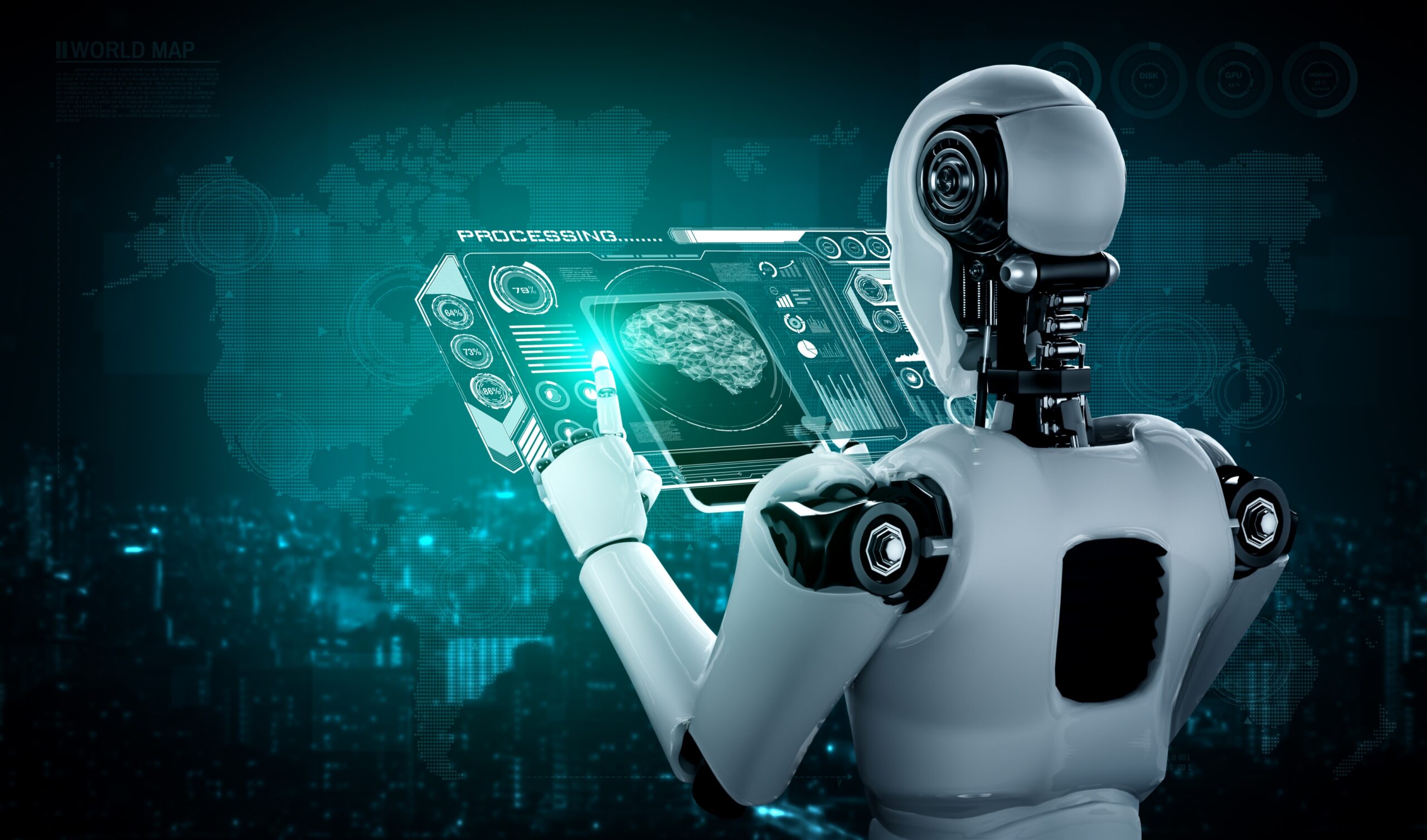
The Founder of CareerXpress, Dayo Ayeni, has said the recent wave of global tech layoffs is largely the result of economic pressures rather than the rise of Artificial Intelligence (AI).
Speaking in Lagos on Monday, Ayeni explained that many tech firms over-hired during the COVID-19 pandemic, anticipating continued growth. However, with rising interest rates and inflation straining the global economy, these companies found it difficult to sustain their expanded payrolls.
“Many firms are now downsizing after realising their staffing levels were no longer viable under current economic conditions,” he said.
He cited tech giants such as Google, Meta, and Amazon, which have carried out multiple rounds of layoffs, driven by over-hiring and a need to adapt to tighter financial realities.
“In Nigeria, although on a smaller scale, tech startups and fintech firms have also experienced layoffs. These are often linked to funding challenges, operational costs, and currency volatility,” he added.
Ayeni stressed that while AI is contributing to job restructuring, it is not the main cause of job losses.
“AI serves more as an accelerant to existing restructuring rather than the root cause,” he explained. “It speeds up the replacement of repetitive roles like content moderation, customer service, and basic software engineering—especially in developed markets.”
He warned that Nigerian professionals in outsourced or remote roles may still feel the impact, particularly if global firms choose automation over offshoring.
“AI is enabling efficiency but is also being used as a justification for broader cost-cutting in a tough economic climate,” he noted.
Despite this, Ayeni highlighted the opportunities emerging from AI, especially in fields like machine learning, cybersecurity, and AI ethics.
He also pointed out growth potential for Nigeria in sectors such as fintech and e-commerce, where AI can aid in fraud detection and customer experience.
However, he cautioned that roles typically outsourced to Nigeria could soon be automated, underscoring the need for local tech professionals to acquire high-value, AI-resilient skills.
“In the United States, there’s a noticeable pivot towards AI literacy, data science, and prompt engineering, leading to reduced demand for routine coding and quality assurance roles,” he said.
Ayeni concluded by calling on Nigerian workers to embrace lifelong learning and develop soft skills such as critical thinking, creativity, and problem-solving—traits that are difficult for AI to replicate.
He identified customer support, basic content creation, and IT helpdesk services as roles most vulnerable to automation, yet also areas where new global opportunities are emerging.












